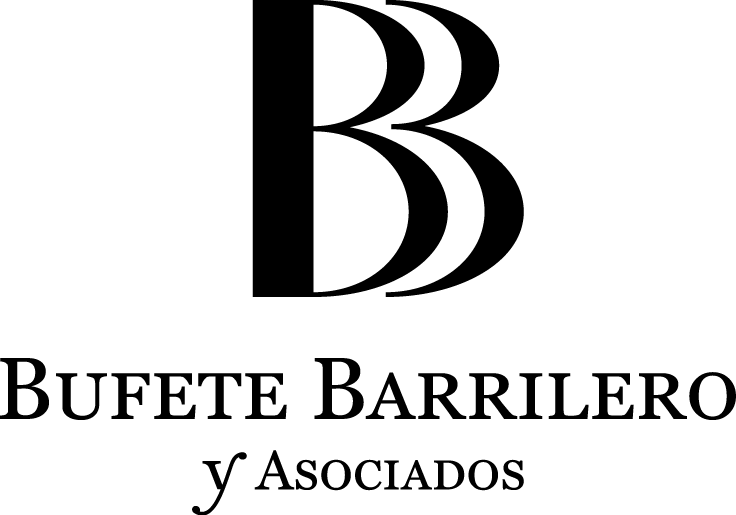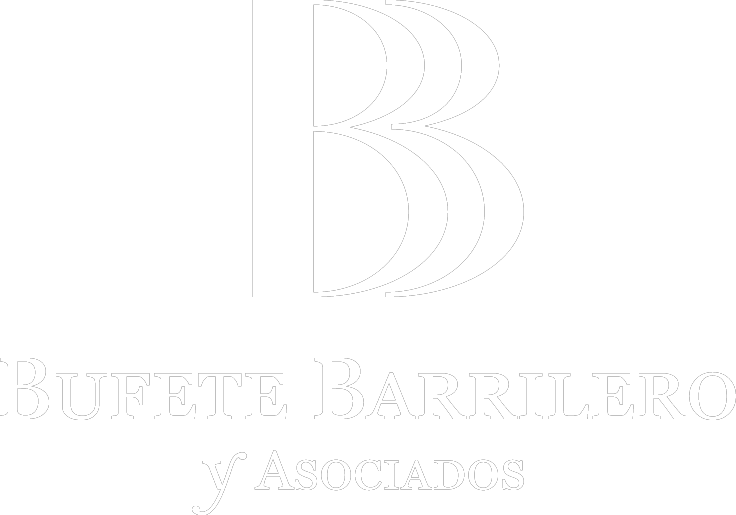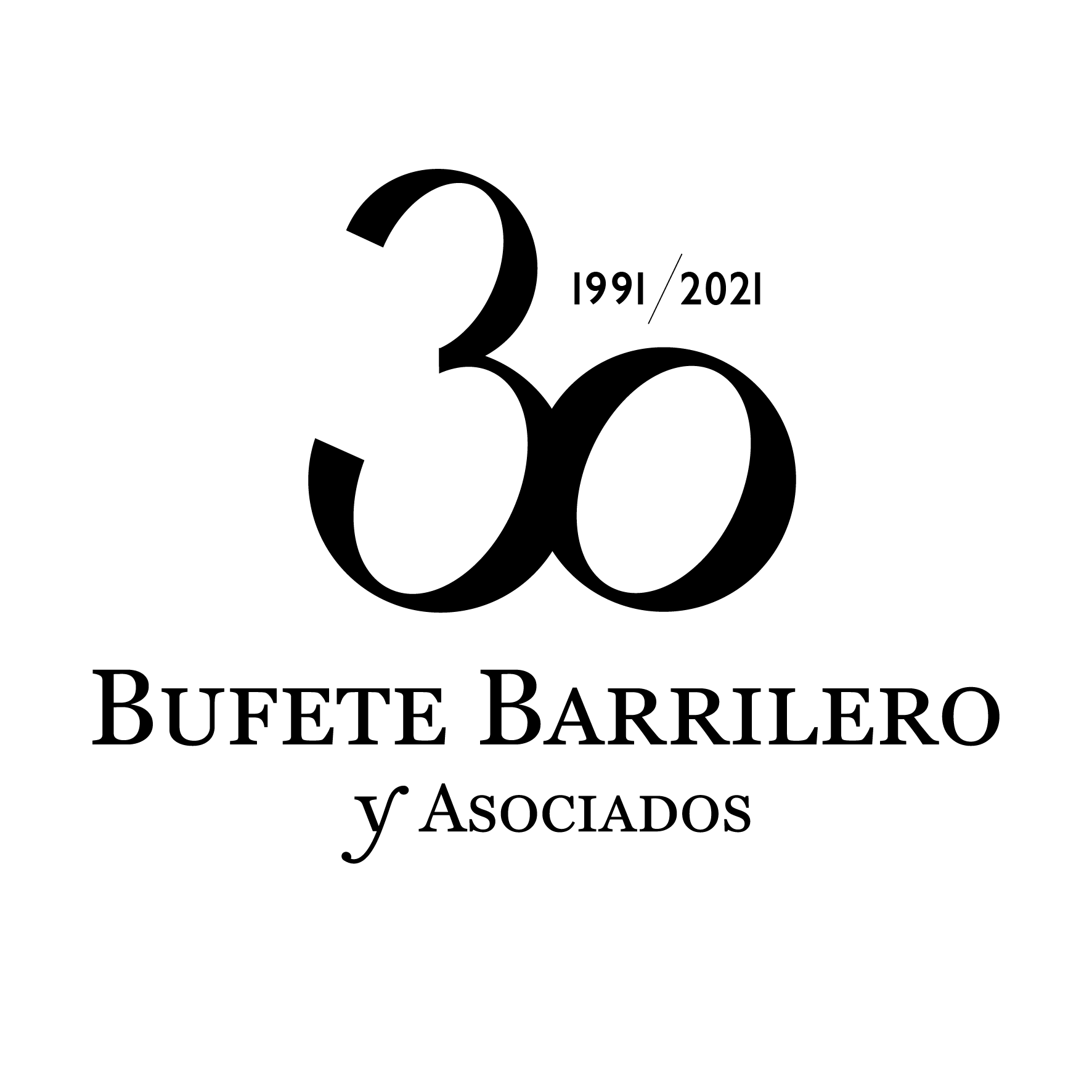Isabel Marie Lépée
COMERCIAL LAW
On April 3, 2025, Organic Law 1/2025, of January 2, on efficiency measures for the Public Justice Service (hereinafter “LO 1/2025”), came into force. It introduces a series of key reforms to the Spanish judicial system, particularly in the civil law sector.
The reform aims to reduce court congestion by promoting out-of-court dispute resolution. To achieve this, it focuses on two main areas:
- An organizational reform—restructuring the judicial system, and
- A procedural reform—introducing alternative dispute resolution mechanisms (hereinafter “ADR”).
Organizational Changes
The reform implements a restructuring of the judicial system. Starting in spring 2025, courts of first instance will be replaced by courts of instance. This change will affect approximately 3,800 courts, which will be reorganized into 431 new courts.
One of the goals is to strengthen judicial specialization. For example, personal insolvency proceedings will be handled by a limited group of commercial judges, allowing for more technical and consistent handling of cases, which in turn promotes coherence and predictability in rulings.
Additionally, Clerks of the Court (Letrados de la Administración de Justicia) will take on a more prominent role, with expanded responsibilities, including ensuring the legality of proceedings and rejecting irregular actions.
However, despite the advantages of this reform, there are questions about whether the available resources will be sufficient to handle the new structure without creating bottlenecks. Therefore, to ensure the success of the judicial reform, it must be supported by adequate human and material resources.
Procedural Changes: ADR Becomes Mandatory
On the procedural side, the reform introduces the mandatory use of ADR mechanisms before taking a dispute to court. These mechanisms allow parties to resolve conflicts through direct negotiation, mediation, conciliation, or a binding offer, among others.
In general, to make ADR accessible, the law does not require legal representation. However, in some cases, legal assistance is mandatory—such as for a binding offer when the disputed amount exceeds €2,000, in which both parties must be represented by a lawyer. This adds a layer of legal certainty to ensure parties understand the implications of the agreement, but it may discourage low-value claims, especially for individuals or small businesses.
Failure to prove an attempt at ADR is a procedural defect that leads to automatic dismissal of the claim. However, a claim can be rectified if it refers to an attempted ADR that lacks proper documentation, such as proof of receipt by the other party.
Moreover, the confidential nature of out-of-court negotiations means their content cannot be used as evidence, except to prove formal aspects such as dates or methods used. This limitation may make it difficult to prove that the legal requirement was fulfilled.
If the defendant cannot be located or resides abroad, the claimant may submit a responsible declaration instead. However, this provision has raised concerns among legal professionals due to the vague wording of the rule.
Sanctions for Bad Faith
The reform also provides for procedural sanctions in cases of bad faith. Unjustified refusal to participate in ADR may result in costs being imposed. Similarly, if a party concedes after unreasonably rejecting an out-of-court settlement attempt, they may also be ordered to pay costs if delaying tactics are proven.
Conclusion
Organic Law 1/2025 marks a significant transformation of the civil justice system, aiming to modernize and streamline legal proceedings. While it introduces positive elements such as judicial specialization and the consolidation of ADR mechanisms, its practical implementation leaves many questions unanswered, particularly regarding the availability of resources and the legal certainty for the parties involved.


